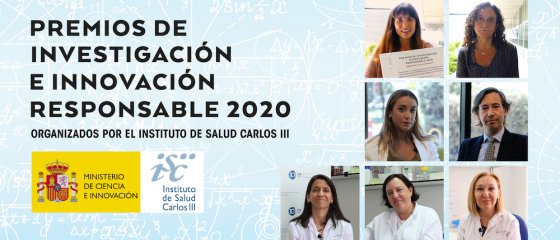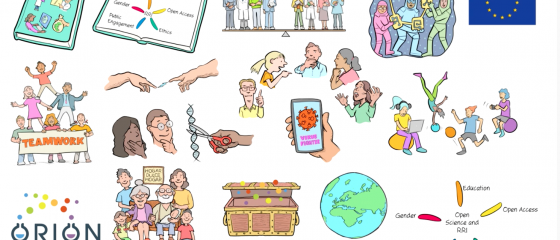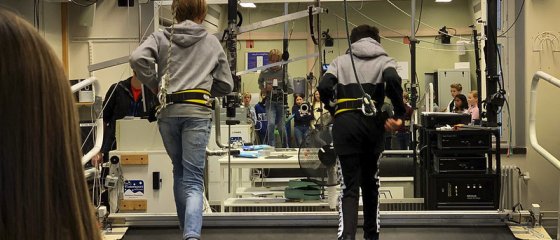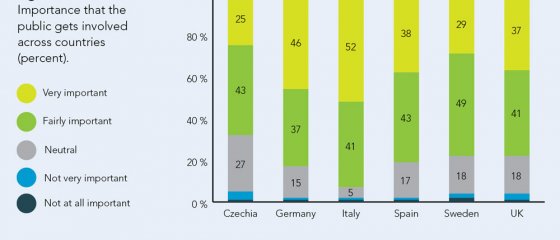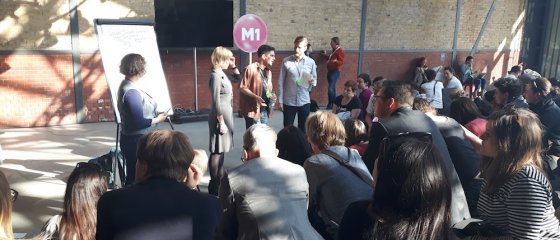The winners of the Responsible Research and Innovation (RRI) Health Awards, organized by the ORION partner Instituto de Salud Carlos III (ISCIII) has been announced. Three winning proposals from three different Spanish Health Research Institutes (IIS) have been awarded 10,000 euros each in this first edition of the RRI Health Awards, out of a total of 26 proposals received. The winning projects were Hospital del Mar Medical Research Institute in Barcelona, the Maimonides Biomedical Research Institute of Cordoba and the Fundación Jiménez Díaz University Hospital Health Research Institute in Madrid, focus on citizen participation, science education and ethics, respectively. The call was open to Spanish Health Research Institutes that have developed significant institutional RRI activities during 2019.

